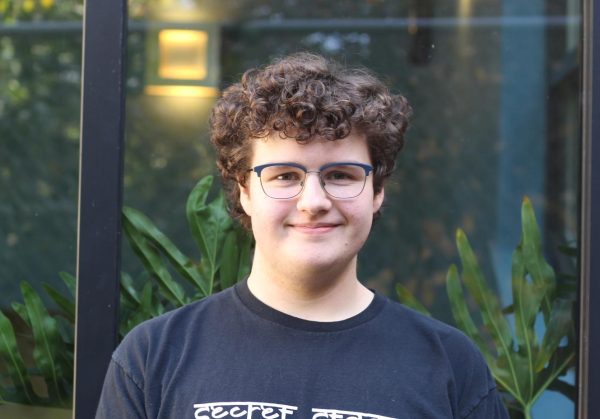Health classes need to go beyond the basics when teaching about eating disorders. If I’d learned to recognize the signs early on, maybe I wouldn’t have ignored the red flags that came with my eating disorder. Maybe I wouldn’t have felt so lost when I was diagnosed.
The signs aren’t easy to spot at first. I just thought my constant nausea was a side effect of my new medication, but it quickly spiraled. I went from happily eating dinner with my family to asking if I could eat in my room–where I could discard the food without anyone noticing.
I convinced myself that I was okay. After all, I didn’t fit into the tight boxes that I learned about in ninth grade health class two years earlier. If I wasn’t making myself throw up or compulsively tracking my weight, how could I possibly have an eating disorder? Unfortunately, it isn’t that simple.
When I was diagnosed with OSFED (Other Specified Feeding or Eating Disorder), the most generic one, I felt lost. Having an eating disorder is already isolating, and I’d never heard of it before. In health class, we learned only about three eating disorders, but nothing we covered prepared me to recognize my own issues, let alone seek help.
This isn’t just an issue for me. According to the National Eating Disorders Association, 9% of the US population will have one, with OSFED being the most common.
The gap in health education is why we need to rethink the health curriculum. Ninth grade is an appropriate time to start conversations about nutrition and sexual safety. But as a senior, I barely remember much from that class (with respect to Mr. Whitney). And in some ways, I think we stop learning too soon.
We need a college prep health elective. This course could revisit topics introduced in ninth grade with more depth for the challenges older students face. It could teach students to recognize lesser-known eating disorders. It could also cover how to spot warning signs in ourselves and others.
Beyond eating disorders, the class could focus on topics like consent, sexual health and mental health. By revisiting health education at a more advanced level, we could better prepare students for the realities of life after high school.
If you or someone that you know may be struggling with an eating disorder please reach out. The toll-free number for the Alliance for Eating Disorders is 866-662-1235. The school’s counselors are another great resource. Do not wait until you know that someone is struggling. If you even think that someone is struggling with eating, reach out.

